Living with nerve pain from conditions like peripheral neuropathy can be challenging. Over 20 million Americans suffer from this condition, and compression socks are often recommended to help manage symptoms. But do compression socks help nerve pain? This article explores how compression socks can alleviate discomfort by promoting blood circulation and reducing swelling. We'll also guide you in choosing the right compression level to best suit your needs, providing relief, and improving your quality of life.
What Is Peripheral Neuropathy Or Nerve Pain?
Peripheral neuropathy occurs when your peripheral nerves are damaged, disrupting communication between your brain, spinal cord, and the rest of your body. This damage can cause various symptoms, including:
- Burning or stabbing pain
- Muscle weakness
- Sensitivity to touch
- Numbness in the feet, hands, legs, or arms
- Coordination issues
- Pain during normal activities
- Motor nerve paralysis in severe cases
What Causes Peripheral Neuropathy?
The most common cause of peripheral neuropathy is diabetes. Still, it can also result from autoimmune diseases, genetic disorders, tumors, infections, vitamin deficiencies, certain medications, toxic exposure, and alcohol abuse. People with peripheral neuropathy face a greater risk of falls, diseases, and injuries from extreme temperatures. Using specialized footwear like diabetic socks can help manage these risks by providing extra protection and promoting better foot health.
How Compression Socks Help Nerve Pain
Enhanced Blood Circulation
Compression socks help improve circulation by promoting blood flow from your lower extremities to your heart. This can prevent blood clots and reduce swelling, which is crucial for nerve pain patients. Studies have shown that increased blood circulation can reduce symptoms related to peripheral neuropathy.
Improved Balance and Stability
Peripheral neuropathy often affects balance and stability. Compression sleeves and socks can enhance your sense of stability by providing gentle pressure, reducing the risk of falls, and improving mobility. Research on compression garments and balance suggests a positive impact on stability, especially in older adults. Some seniors find it easier to use a tool to put on compression socks.
Protection from Additional Issues
People with nerve pain are more susceptible to ulcers, infections, and skin conditions like eczema. Mild compression socks can manage these issues. They offer protection by covering the skin and preventing cuts or abrasions that could lead to severe complications. They can also reduce the risk of complications from varicose veins and deep vein thrombosis (DVT).
Choosing the Right Compression Socks for Nerve Pain
Comfortable Fit
If you are new to compression socks, selecting the right socks and sleeves is crucial for managing nerve pain. Choose socks that fit snugly but are not too tight. They should provide enough pressure to be effective without causing discomfort. A good fit ensures that compression is applied evenly without restricting blood flow.
Appropriate Compression Level
It is imperative to know how to select the right compression level. Consult your doctor to find the right compression level for your condition. Mild to moderate compression (15-30 mmHg) is generally recommended for most people. Clinical guidelines recommend different levels based on individual needs.
Material Considerations
When you’re shopping for compression socks for neuropathy, it’s a good idea to look for antimicrobial or moisture-wicking fabrics to keep your skin dry and healthy. Opt for socks made from breathable materials that reduce the risk of skin infections.
Weather Adaptability
Consider the weather when choosing compression socks. For warm climates, lightweight compression socks and breathable fabrics are ideal to prevent overheating. In colder weather, thicker materials can help warm your feet while providing necessary compression.
Ease of Use
Ensure that your compression socks are easy to put on and take off. Some options have zippers or unique designs to simplify wearing and removing them. This can be particularly helpful for those with limited mobility or hand strength.
How to Use Compression Socks Safely
Measure Correctly
Measure your legs accurately and consult a sizing guide before purchasing. Proper sizing ensures the socks work effectively and do not cause additional issues.
Wear Them Properly
Please put on your socks first thing in the morning before swelling starts and wear them throughout the day. This helps maintain consistent compression and prevent swelling throughout the day.
Avoid Wearing Them Overnight
Avoid wearing compression socks while sleeping unless advised by a healthcare professional. Wearing them at night can sometimes cause discomfort or worsen certain conditions. So, can wearing compression socks be harmful? If worn incorrectly or at an unsuitable compression level, they can cause issues like impaired circulation or skin irritation.
Check for Skin Reactions
Regularly inspect your skin for any irritation, redness, or sores. Remove the socks and consult a healthcare professional if you notice any adverse reactions.
Take Breaks
If you're new to compression socks, wear them for a few hours daily and gradually increase the duration. This helps your body adjust and reduces the risk of discomfort.
Tips for Managing and Staying Active with Nerve Pain
- Stay Active: Use low-impact exercises like walking, swimming, or yoga to improve circulation and reduce pain. Start slow, be consistent, and avoid overexertion to prevent worsening symptoms.
- Monitor Blood Sugar Levels: For those with diabetes, maintaining stable blood sugar levels is crucial to reduce the risk of further nerve damage.
- Consider Physical Therapy: Physical therapy can help strengthen muscles and improve balance, making staying active and managing pain easier.
Frequently Asked Questions
How Do Compression Socks Help Nerve Pain?
Compression socks improve blood flow and reduce swelling, which can alleviate symptoms associated with nerve pain.
Can Compression Socks Worsen Nerve Pain?
Compression socks can potentially worsen nerve pain by restricting blood flow if worn too tightly or for too long.
What Level of Compression Is Best for Nerve Pain?
Most people should receive mild to moderate compression (15-30 mmHg) but consult their doctor for personalized advice.
Can I wear compression socks overnight to relieve nerve pain?
It's generally not advised to wear compression socks overnight unless recommended by a healthcare professional.
How Long Should I Wear Compression Socks Daily?
It's typically recommended to wear compression socks for 6-8 hours daily. Always follow your doctor's advice based on your condition.

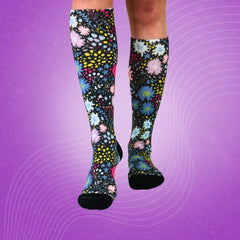
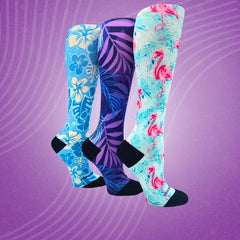
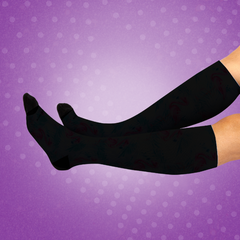
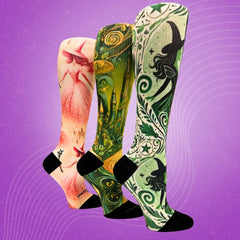
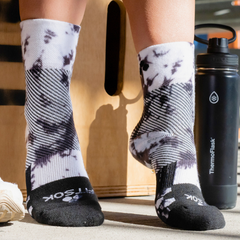
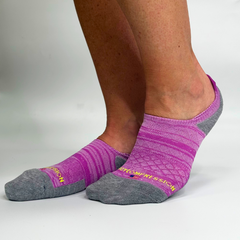

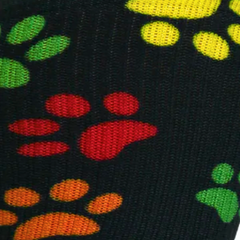
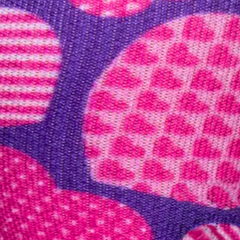
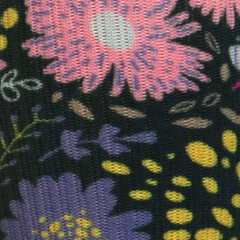


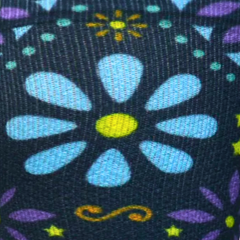





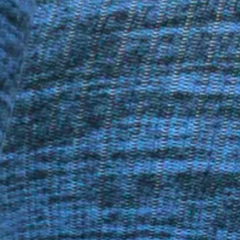
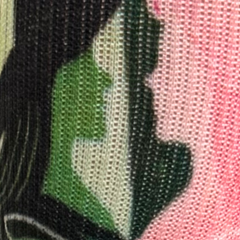
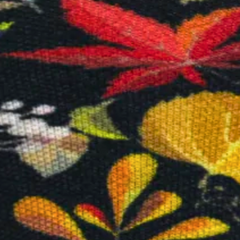



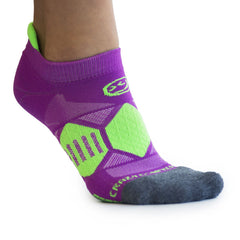

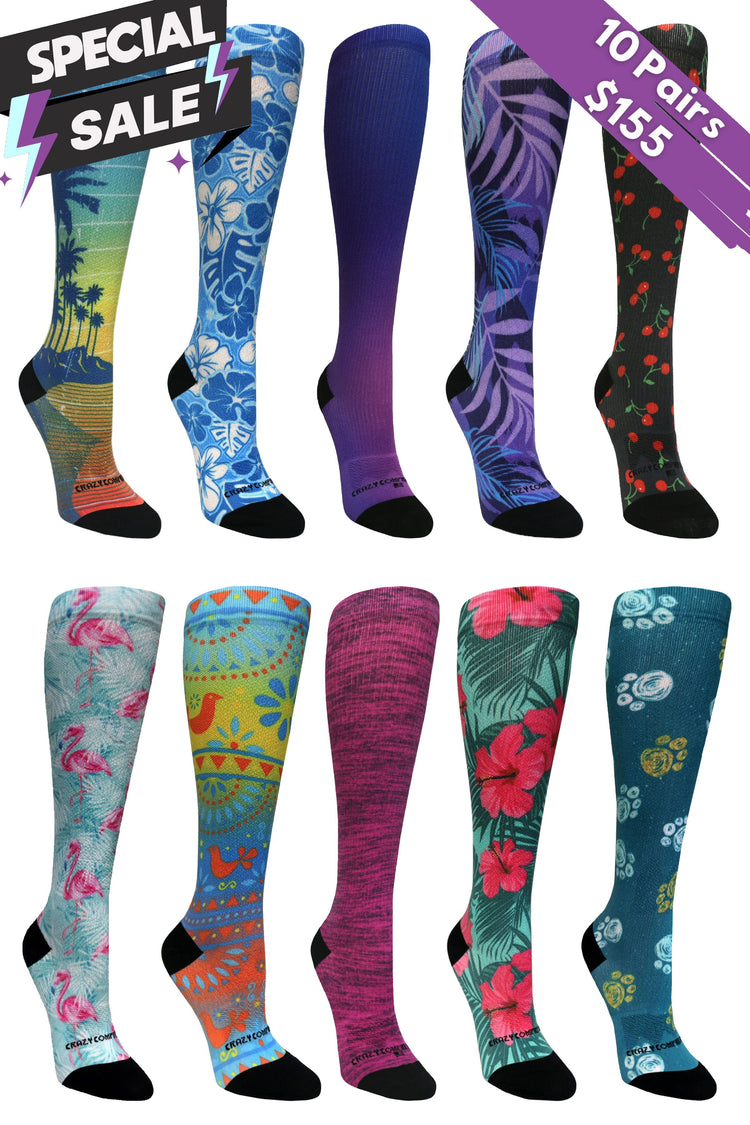


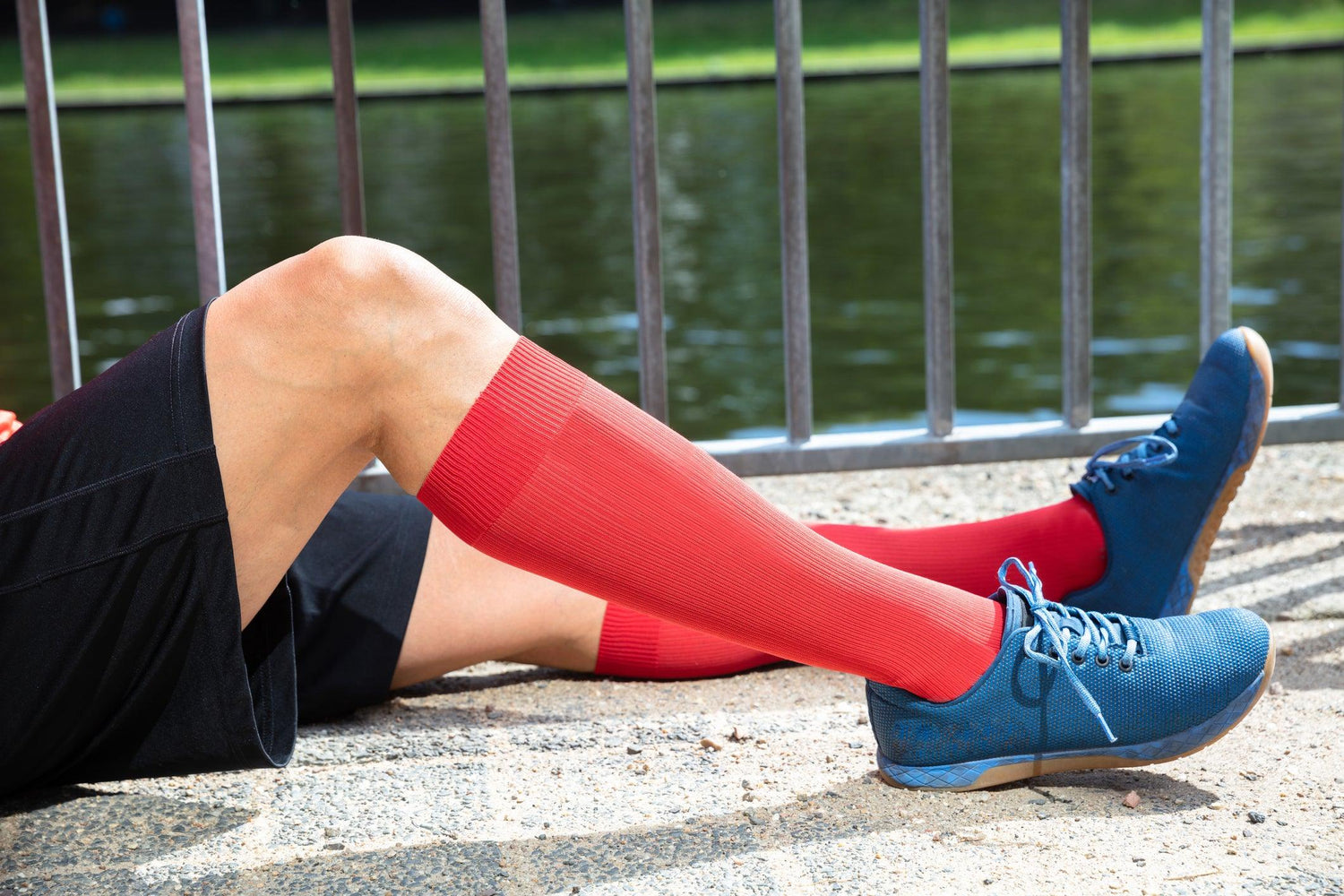
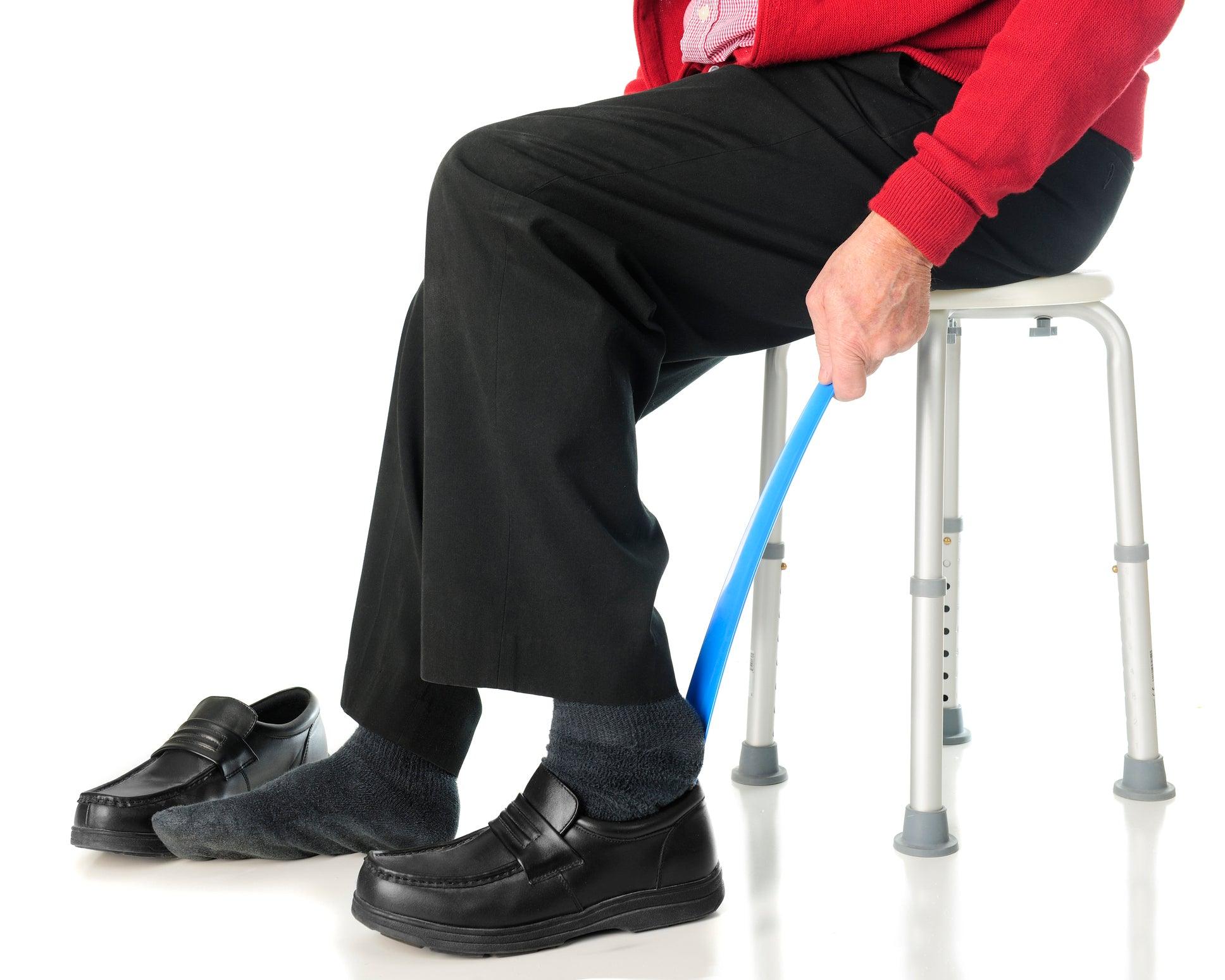

Leave a comment
This site is protected by hCaptcha and the hCaptcha Privacy Policy and Terms of Service apply.